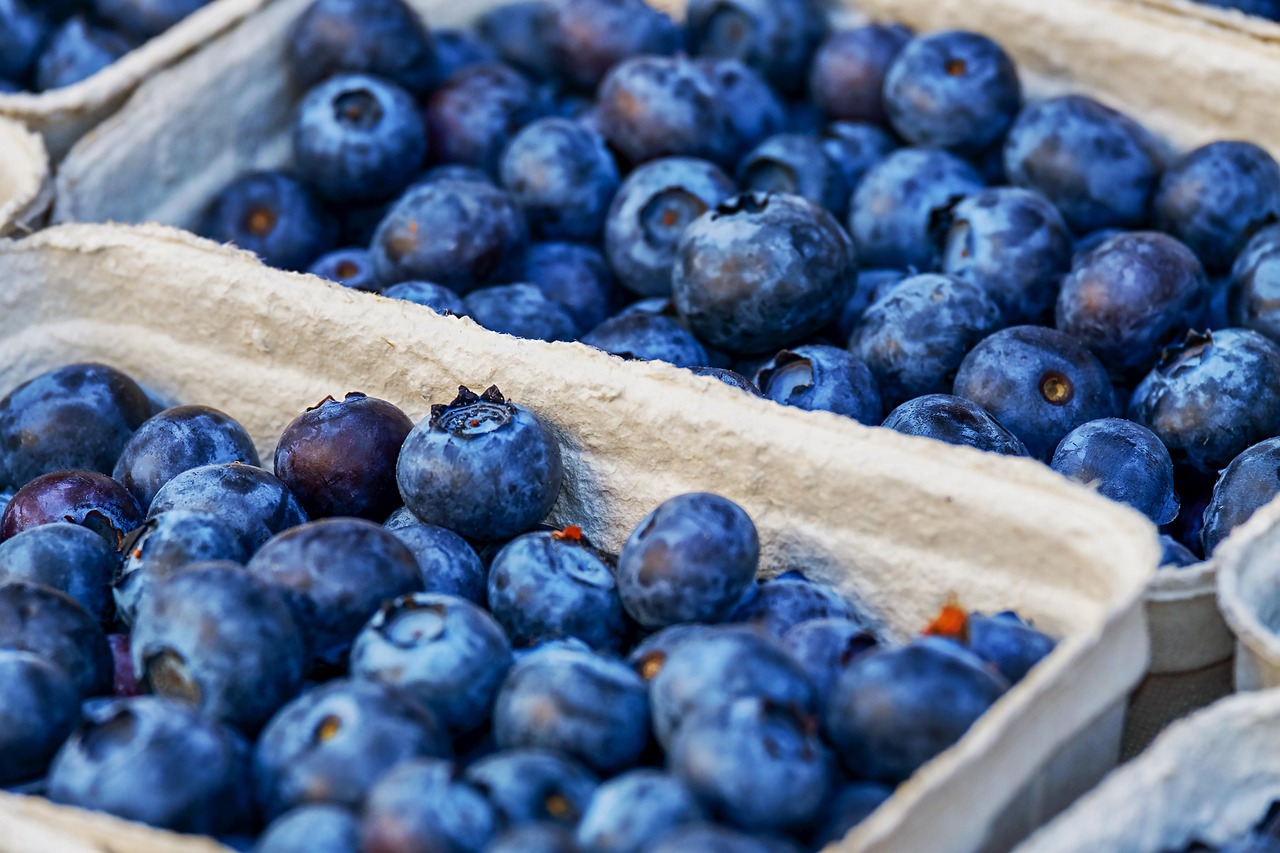
Cancer is undeniably one of the most formidable health challenges faced worldwide. Despite its daunting reputation, research reveals that up to 80% of cancer cases could be prevented through early detection and lifestyle changes. One key lifestyle modification gaining attention in the fight against cancer is the incorporation of antioxidants in the diet. But what exactly are antioxidants, and why are they so crucial in cancer prevention? At their core, antioxidants are powerful compounds that neutralize free radicals — unstable molecules generated during normal metabolic processes or triggered by environmental factors like pollution and radiation. When free radicals accumulate unchecked, they induce oxidative stress, which damages cells and paves the way for cancer development. In this context, antioxidants act as microscopic superheroes, safeguarding our cells from this cellular mayhem and potentially reducing cancer risk.
Understanding the science behind antioxidants helps shed light on their protective role. Free radicals, despite being a natural byproduct of metabolism, can become detrimental when their levels overwhelm the body’s defenses. Oxidative stress may lead to mutations in DNA or impair crucial cellular functions, thereby triggering the onset of malignancies. Antioxidants descend on these free radicals much like neutralizing agents, stabilizing them and preventing further cellular damage. This balancing act between free radicals and antioxidants is essential for maintaining cellular health and reducing the risk of various cancers. It's fascinating to note that our bodies even produce some antioxidants internally; however, dietary intake significantly boosts our overall antioxidant capacity, especially given the prevalence of environmental stressors in modern life.
Several standout antioxidants have shown promise in reducing the risk of specific cancers, each offering unique benefits backed by scientific inquiry. Vitamin C, or ascorbic acid, is celebrated for its ability to protect tissues in the oral cavity, stomach, and esophagus, with juicy oranges, vibrant strawberries, and crunchy broccoli serving as excellent sources. Beta-carotene, the precursor to vitamin A, primarily found in carrots and sweet potatoes, has correlations with reduced risk for lung and prostate cancers. Vitamin E, abundant in nuts and vegetable oils, supports prostate and colorectal health. Flavonoids found in apples and teas reduce oxidative stress through their antioxidant and anti-inflammatory properties. Then there’s lycopene, the red pigment in tomatoes, which becomes even more bioavailable when cooked, potentially lowering prostate cancer risk. Selenium, a trace mineral working synergistically with vitamin E, boosts the body's antioxidant defenses broadly. Lastly, resveratrol, the antioxidant superstar in red grapes and peanuts, has been spotlighted for its ability to target cancer cell growth directly. Fun fact: resveratrol famously garnered attention when scientists observed that despite their high-fat diet, French people had relatively low rates of heart disease and some cancers, dubbed the "French Paradox," partly attributed to moderate red wine consumption.
Incorporating antioxidants into your diet doesn’t have to be complicated or mundane. Diversity is key; embracing a colorful array of fruits, vegetables, nuts, and whole grains ensures a wide spectrum of antioxidants that work collaboratively. Whole foods offer a synergistic nutrient package, amplifying antioxidant effects compared to isolated supplements. It’s wise to minimize processed foods, which may harbor chemicals generating free radicals themselves. Cooking techniques also influence antioxidant availability — for example, simmering tomatoes transforms their lycopene into a form easily absorbed by your body, turning your kitchen into a cancer-prevention lab! However, a word of caution surrounds antioxidant supplements. Studies have shown that high-dose supplements might not mirror the benefits of antioxidants from whole foods, and, in some cases, may be harmful. For example, excessive beta-carotene supplements have been linked to increased lung cancer risk in smokers, underscoring that more isn't always better. Emphasizing a balanced, whole-food-based diet remains the safest and most effective approach to harness antioxidants' power.
Ultimately, a strategy centered around antioxidant-rich diets offers a compelling path to reducing cancer risk. Complementing this with regular cancer screenings, consistent physical activity, and other healthy lifestyle decisions crafts a holistic defense against cancer’s threat. Embracing nature’s bounty — from vibrant berries and leafy greens to colorful vegetables and nuts — not only stimulates the palate but also fortifies the body’s cellular shield. By making mindful nutritional choices and understanding the intricate dance between free radicals and antioxidants, individuals empower themselves to live healthier, potentially cancer-resilient lives. Remember, while antioxidants are vital, the battle against cancer is multifaceted, demanding a lifestyle approach that integrates diet, exercise, vigilance, and medical guidance.
#CancerPrevention #Antioxidants #HealthyLiving #NutritionMatters #EatTheRainbow #NaturalDefense #CancerAwareness
Leave a Reply